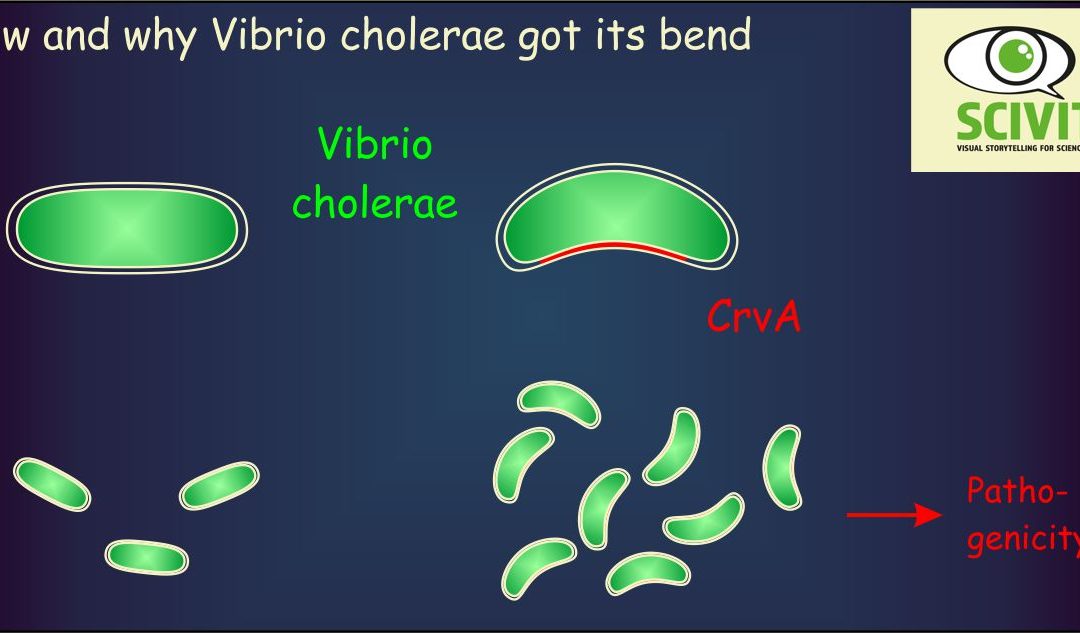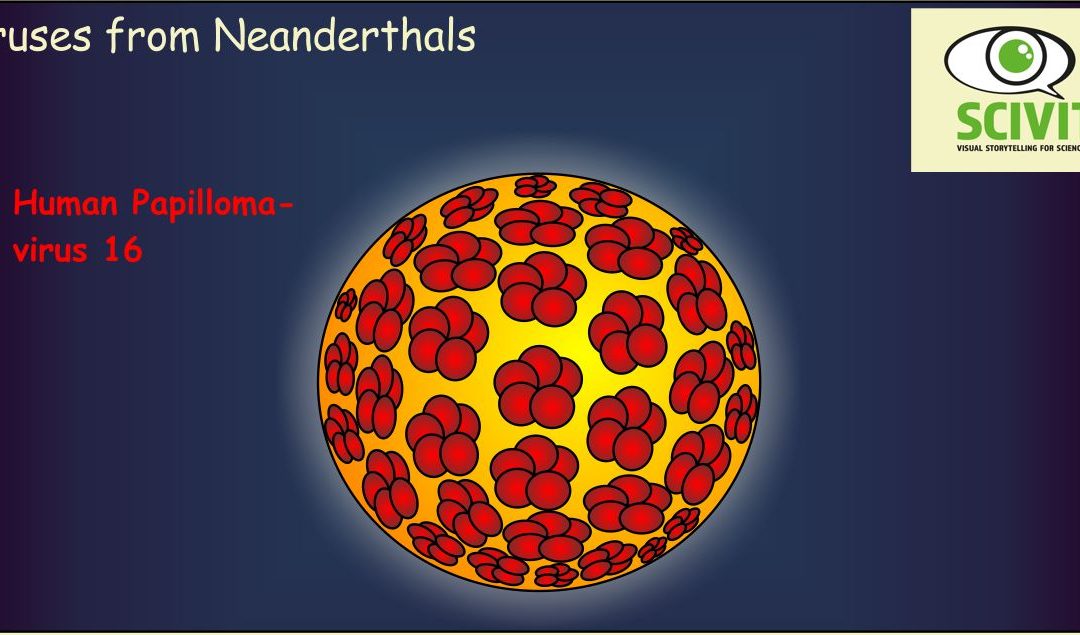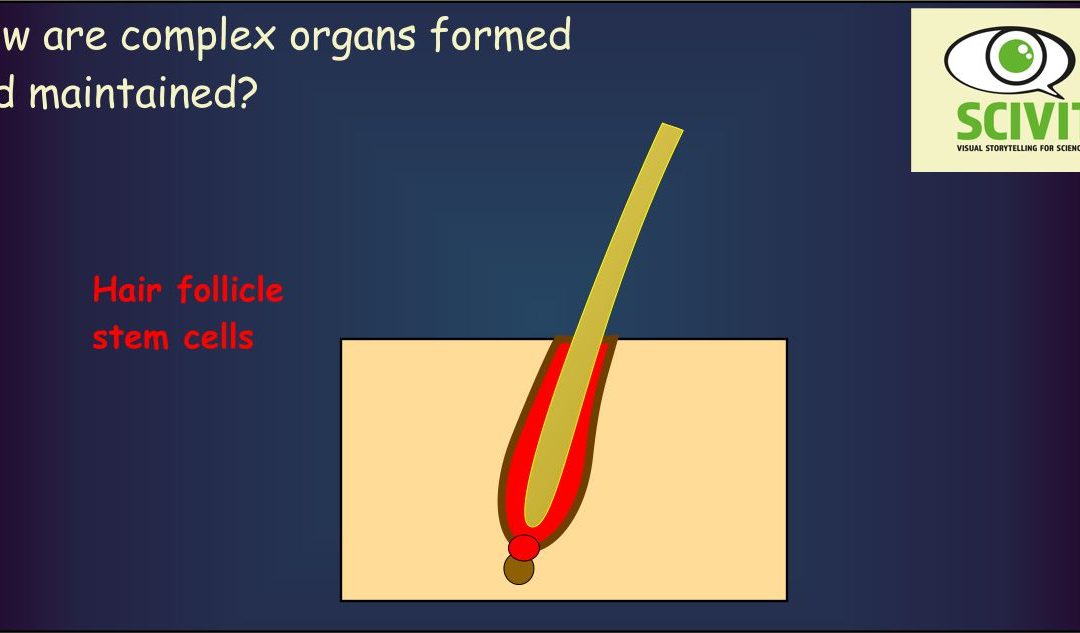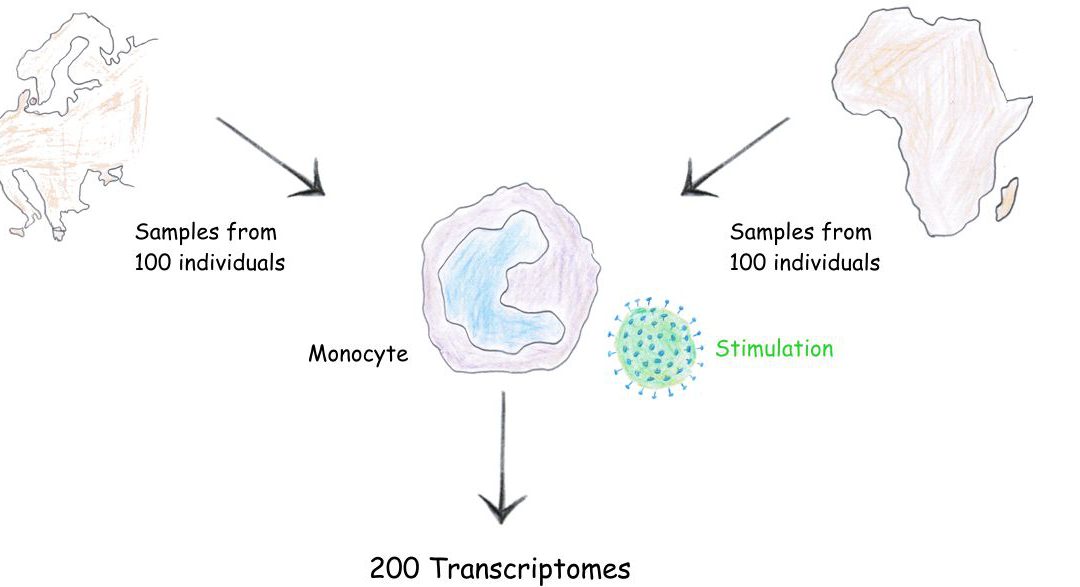
von Thomas Fester | März 2, 2017 | Biochemistry, Molecular Cytology, Molecular Medicine, News
The curves of Vibrio cholerae Vibrio cholerae, the causative agent of cholera has a characteristic curved shape. How is this shape achieved and what is it good for? To answer this question Bartlett and colleagues looked for mutant strains unable to form curved rods....

von Thomas Fester | Feb. 4, 2017 | Anthropology, Molecular Medicine, Natural History, News
Sexual relations between modern humans and Neanderthals Sexual relations and resulting gene transfer between Neanderthals and modern humans have been reported repeatedly. A new study from Pimenoff and colleagues now suggests that we not only inherited some of their...

von Thomas Fester | Feb. 4, 2017 | Molecular Cytology, Molecular Medicine, News
Stem cells are crucial for organ formation and maintenance Complex organs, like the liver or our stomach are formed and maintained by so-called stem cells; cells which may repeatedly divide and with progeny being able to differentiate into the final cell type needed...

von Thomas Fester | Nov. 24, 2016 | Anthropology, Molecular Medicine, Natural History, News
Neanderthal genes support European immune systems Until very recently bacterial and viral infections killed large parts of human populations. This made them important factors driving human evolution in general and evolution of the human immune system in particular. In...

von Thomas Fester | Nov. 24, 2016 | Biochemistry, Molecular Cytology, Molecular Medicine, Molecular Structures, News
ER-sheets: lost in superresolution microscopy In german language people see things „with new eyes“, when they adopt a new perspective and this is precisely what just happened to the ER. Nixon-Abell and co-workers used a whole array of...

von Thomas Fester | Nov. 24, 2016 | Molecular Medicine, Neurobiology, News
Genes involved in autism spectrum disorders Are DNA-sequences which differ between humans and their next relatives involved in cognition or social behaviour? Two recent publications, approaching this topic by differing methodologies have answered this question with...







Neueste Kommentare